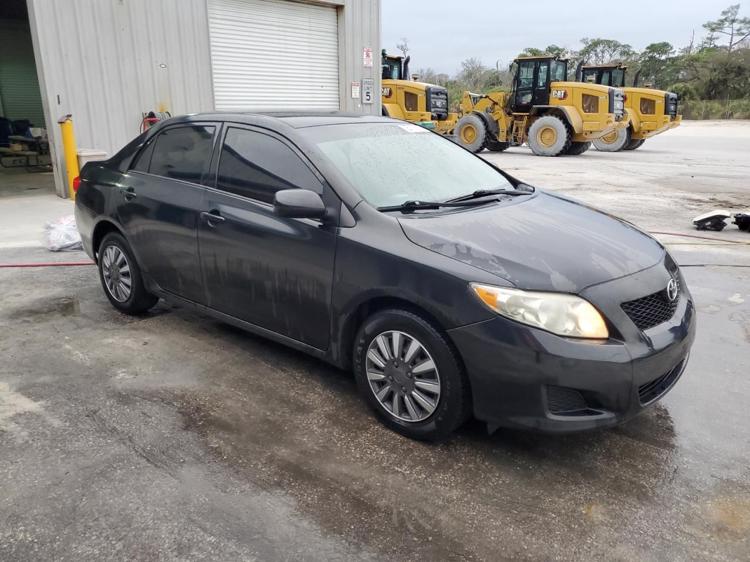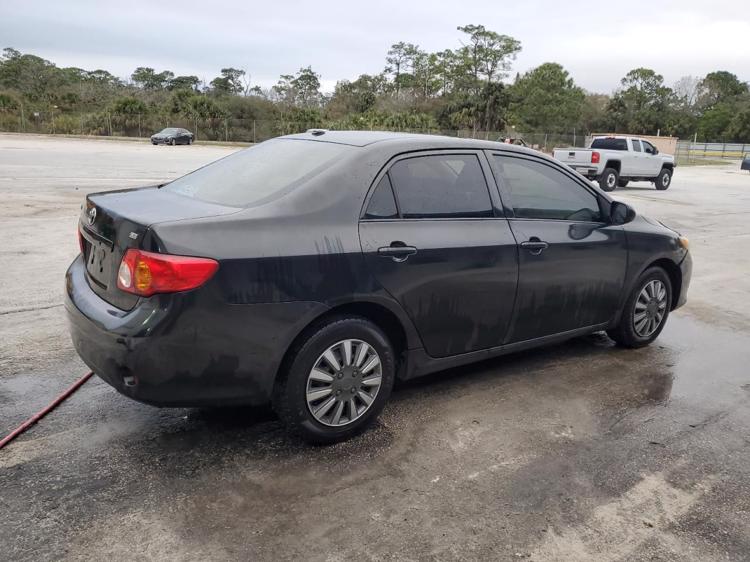Beyond Dawlish
Junk yard vehicles for sale can be a great choice if you're looking for a cheap method to purchase a car or if you work in the auto repair and resale industry. These cars, which their previous owners frequently believed were beyond repair, present chances for auto enthusiasts, mechanics, and scrap dealers. Junk yard cars provide access to a multitude of opportunities, whether you're looking to recycle metal for financial gain, recover important parts, or restore an old classic. This book will explain why damaged and junk yard cars are a terrific investment and how to get the most out of them.
Why Buy Junk Yard Cars?

For people who want to buy cars at a fraction of the price of a new or even a used car in good condition, junk yard cars for sale are an affordable option. Even though many of these vehicles have been damaged by floods, accidents, or mechanical issues, their value is still high. While some customers decide to disassemble them and sell the individual pieces for a profit, others decide to rebuild them into whole working automobiles. Junk yard automobiles are an environmentally good option because the metal and other parts can be recycled even if the car is beyond repair.
The variety found in junk yards is yet another significant benefit. All makes, models, and years of automobiles are available, including historic and unusual models that may not be readily found elsewhere. Automobile enthusiasts frequently search rubbish yards for unusual projects that they can turn back into its original splendor.
Best Ways to Use Junk Yard Cars
You can use junk yard automobiles for sale in a variety of ways, depending on your demands and level of experience. Restoration is the most popular use. You may purchase a damaged vehicle, fix it, and get it back on the road if you know how to work on mechanical issues or have access to a qualified mechanic. Because you may find parts from other scrap yard cars, this strategy is frequently more affordable.
Parts salvage is another strategy. Many of a car's parts, including engines, gearboxes, tires, and electronic systems, can still be valued even if the vehicle isn't usable. It is frequently more profitable to sell these components separately than to sell the car as a whole.
Recycling is an additional lucrative path. Although the price of scrap metal varies, you can still make a respectable sum of money by selling a junk automobile for its basic materials. This is an environmentally friendly option because metals like copper, steel, and aluminum can be removed and utilized again in a variety of sectors.
How to Find Quality Junk Yard Cars for Sale
It takes patience and some investigation to find the ideal wrecked vehicle. Start by going to local salvage lots and garbage yards, which frequently have a changing selection of cars for sale. You can choose cars that fit your needs with ease because many yards classify their cars according to condition.
Additionally, junk yard car listings are available on internet platforms, enabling purchasers to peruse the selection from the convenience of their homes. Before completing a purchase, it is crucial to physically inspect the car. To learn more about the car's history, look for parts that can be salvaged, evaluate the damage, and, if at all possible, get a history report.
Auctions can also be a fantastic opportunity to get cars from garbage yards at affordable prices. Buyers can bid on damaged cars at salvage auctions held by numerous insurance firms and salvage yards. Professional rebuilders and auto dealerships seeking affordable inventory are especially fond of this choice.
What to Consider Before Buying a Junk Yard Car

To guarantee a profitable purchase, you need to consider a number of variables before buying a junk yard car. Determine the extent of the damage first. While some damaged cars may just have minor cosmetic problems, others may have serious structural problems that could be expensive to fix.
Verify whether replacement parts are available. While rare or discontinued models could take more time and money to repair, certain models are simpler to restore since parts are readily available.
Legal documentation is another crucial factor. Make sure the car has the required paperwork to verify ownership, such as a salvage title. After repairs, it can be difficult to register the car without the right documentation.
Finally, figure out your spending plan. In addition to the purchase price, take into account the cost of any required inspections, repairs, and parts. A carefully thought-out budget will keep unforeseen costs from throwing your project off course.
Can You Make a Profit from Junk Yard Cars?
Yes, if done properly, junk yard automobiles for sale may be a lucrative business. A lot of individuals purchase damaged cars, fix them up, and then resell them for more money. Both mechanical competence and an awareness of the automobile market are necessary for this process.
Selling used parts is an additional lucrative possibility. Finding reasonably priced replacement parts is a common search for auto owners, and recovering parts from junk automobiles may be a profitable endeavor. Alternators, seats, wheels, and electronic modules are among the frequently in-demand items.
You can still make money by scrapping the car for its metal if you're not interested in repairs and part sales. This is a simple method of turning a trash automobile into cash because recycling facilities cover the cost of the basic materials removed from vehicles.
Frequently Asked Questions
1. Are junk yard cars reliable for daily use after repairs?
It is possible to rehabilitate a large number of junk yard cars to dependable operating condition. The degree of damage and the caliber of repairs determine this. With the correct knowledge and funding, some buyers are able to restore vintage cars to almost new condition.
2. How much can I save by buying a junk yard car instead of a new one?
Buyers can frequently save thousands of dollars as compared to buying a new or certified pre-owned car, though savings vary depending on the car's condition and maintenance expenses. The savings might be significant if you have access to reasonably priced parts and repair services.
3. Can I get insurance for a restored junk yard car?
Yes, however state laws and the insurance company will determine this. Rebuilt salvage cars are frequently eligible for insurance, while some insurers could only provide limited coverage or demand more checks.
4. Are there any risks in buying a junk yard car?
Hidden damages, trouble finding replacement parts, and possible legal problems if the paperwork is not in order are some of the possible concerns. Before making a purchase, do extensive research and inspections.
Conclusion
For auto enthusiasts, auto mechanics, and business owners seeking to make a wise investment, junk yard automobiles for sale offer a fantastic opportunity. These vehicles provide several options to optimize value, whether your goal is to restore a vintage vehicle, salvage precious parts, or recycle scrap metal. But buying a damaged car necessitates rigorous preparation, a close examination, and a clear grasp of the price. You may transform a junk yard car into a dependable car or a successful business with the correct strategy. Investigate your alternatives now to find the hidden worth in these underappreciated cars.




